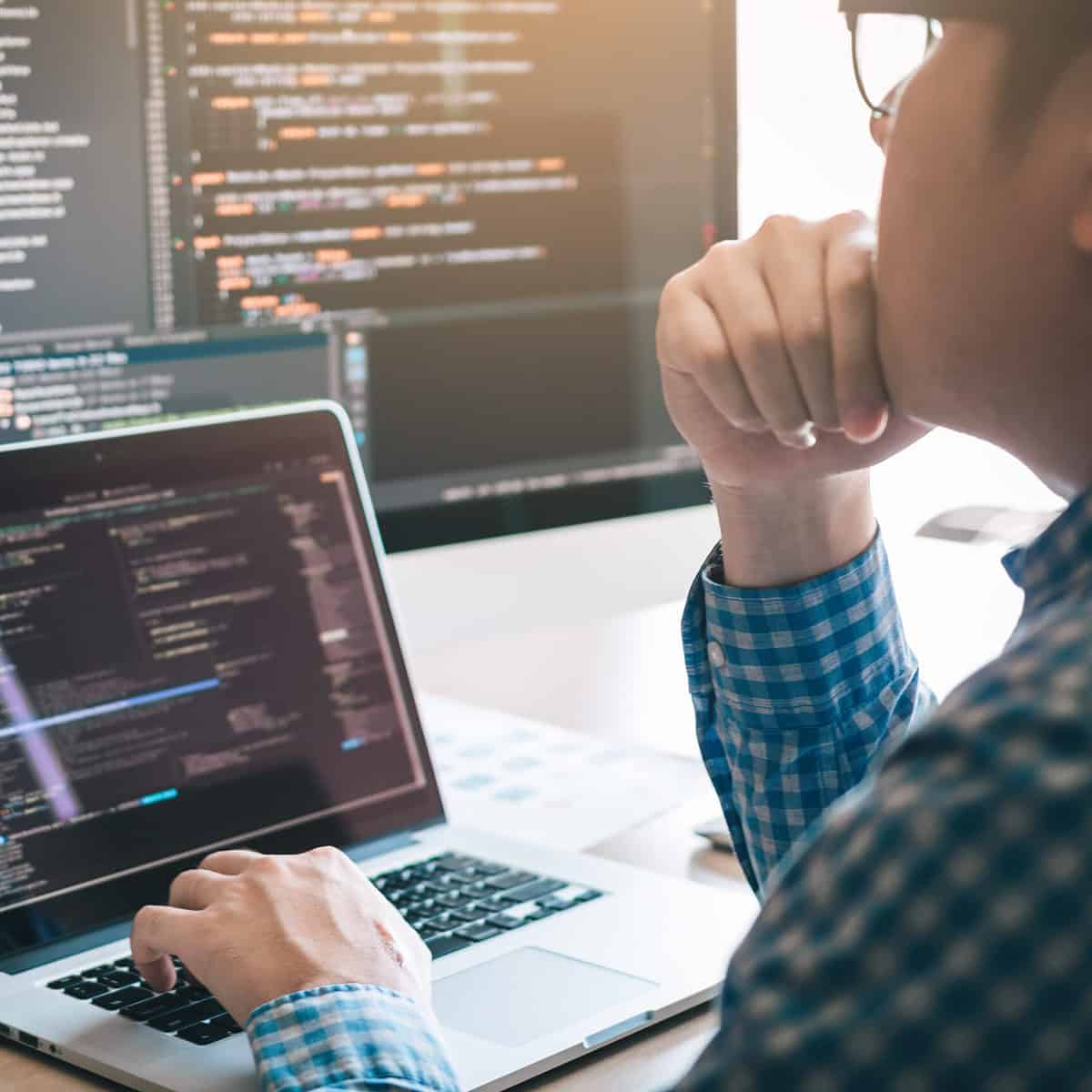Global Insights Hub
Stay informed with the latest updates and diverse perspectives.
Code Like You Mean It
Unlock your coding potential with actionable tips, expert insights, and inspiration to code like you mean it! Join the journey to mastery today!
10 Essential Coding Practices for Clean and Maintainable Code
Writing clean and maintainable code is crucial for any developer, as it significantly enhances the readability and longevity of your projects. Here are 10 essential coding practices that can help you achieve cleaner code:
- Consistent Naming Conventions: Use descriptive and consistent names for variables, functions, and classes to make the purpose of each clear.
- Commenting and Documentation: Regularly document your code and explain complex logic to assist future developers in understanding your work. Consider using standards like PHPDoc for PHP projects.
- Code Reviews: Participate in code reviews to encourage knowledge sharing and catch potential issues early.
- Keep Functions Small: Strive to create functions that do one thing. This makes them easier to test, debug, and reuse.
- Use Version Control: Implement a version control system like Git to track changes and manage collaboration.
Continuing with the remaining practices, consider the following:
- Write Tests: Automated testing can prevent bugs and ensure the functionality remains intact as your code evolves. Explore frameworks like Jest for JavaScript or pytest for Python.
- Refactor Regularly: Take time to refactor and improve your code, reducing complexity and enhancing performance.
- Avoid Code Duplication: Implement DRY (Don't Repeat Yourself) principles to ensure that code is reused efficiently rather than duplicated.
- Use Meaningful Commit Messages: When using a version control system, write clear commit messages to make the change history understandable.
- Stay Updated with Best Practices: Follow industry trends and updates in coding standards by checking resources such as Refactoring Guru.

How to Debug Like a Pro: Tips and Techniques for Efficient Problem Solving
Debugging is an essential skill for developers, and mastering it can significantly improve your coding efficiency. To begin debugging like a pro, understand the problem thoroughly before attempting to fix it. Review your code and isolate the issue by reproducing the bug consistently. This means identifying the exact conditions under which the bug occurs. Once you’ve narrowed it down, use effective debugging techniques such as logging, breakpoints, and stepping through code in a debugger tool to observe behavior and state changes.
Another critical aspect of efficient problem solving in debugging is maintaining an organized approach. One effective method is to document your findings and the steps you take to resolve issues. Create a checklist of common debugging methods, which includes strategies like checking logs for errors, reviewing recent changes, and systematically isolating variables. For further insights into debugging methodologies, explore resources such as this tutorial on debugging in Python. Remember, patience and a systematic approach are key to becoming a proficient debugger.
What Does It Mean to Code with Purpose?
To code with purpose means to write software that serves a clear and meaningful objective beyond just functionality. This approach integrates values such as usability, sustainability, and ethical considerations into the development process. When developers embrace purpose-driven coding, they are more likely to create applications that not only meet user needs but also enhance the user experience. A purposeful mindset invites consideration of the impacts of software on society, promoting practices that adhere to ethical coding principles.
Moreover, coding with purpose encourages collaboration, as it often involves working with diverse teams to achieve common goals. Projects founded on shared objectives tend to inspire greater innovation and creativity, leading to more impactful outcomes. Teams that focus on purpose can also foster a culture of feedback and continuous improvement, ensuring that the software evolves along with user needs. Engaging with resources like FreeCodeCamp's insights on this topic can provide further guidance on how to integrate purposeful practices into your coding workflow.